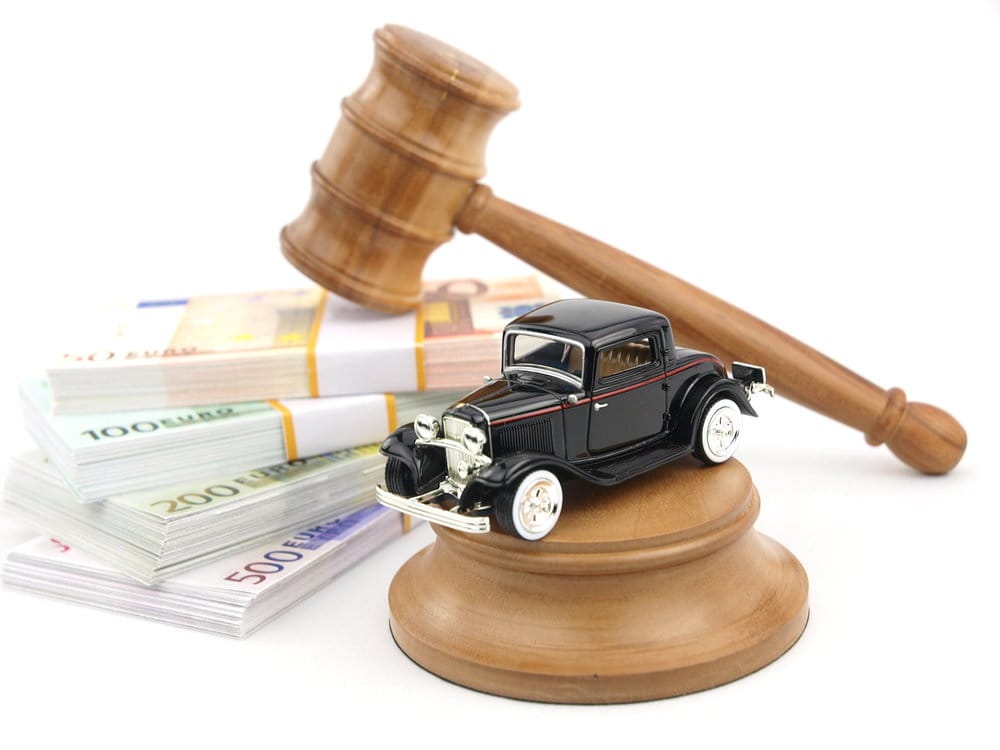In recent years, the internet has revolutionized how we buy cars, including salvage vehicles. Salvage cars, often deemed a “total loss” by insurance companies due to accidents, floods, or other damage, can be purchased at significant discounts through online auto auctions. While this can be an attractive option for savvy buyers, there are crucial legal aspects to consider when buying a salvage car from an online auction. This article will investigate these important legal considerations to ensure a safe and informed purchase.
1. Salvage Title Laws
One of the foremost legal aspects to understand when buying a salvage car is the salvage title laws in your state or country. Salvage title laws dictate how vehicles are classified and registered after sustaining significant damage. It’s essential to familiarize yourself with these laws to ensure compliance when you purchase a salvage car.
2. Understanding Salvage Titles
A salvage title is a designation that indicates a vehicle has been severely damaged and repaired or rebuilt. Before bidding on a salvage car, carefully review its title to confirm that it is indeed branded as salvage. Additionally, be aware of different levels of salvage titles, such as “rebuilt salvage” or “non-repairable,” as they may impact the car’s insurability and resale value.
3. Vehicle History Reports
As with any vehicle purchase, obtaining a comprehensive vehicle history report is crucial when buying a salvage car. This report details the car’s previous accidents, repairs, and title history. Reviewing the report will help you decide about the vehicle’s condition and whether it’s a viable purchase.
4. Auction Terms and Conditions
As with any online auction, understanding the terms and conditions of the platform is essential. Pay close attention to any specific rules and requirements for bidding on salvage vehicles. These terms may include information on bidding deposits, fees, and the buyer and seller’s responsibilities.
5. Bidding Strategy
When bidding on a salvage car, set a budget and stick to it. The allure of a low purchase price can sometimes lead to overspending on repairs. Consider the potential repair costs and whether the total investment still represents a good deal. Also, be mindful of the seller’s reserve prices, which can impact the final sale price.
6. Insurance Considerations
Insuring a salvage car can be more challenging than insuring a standard vehicle. Remember that cars that hold a salvage title cannot be registered or insured. To register and insure a salvage car, you must fully repair it and pass state inspections to obtain a rebuilt title.
7. Title Transfer and Registration
Title transfer and registration processes for salvage cars can vary by jurisdiction. Ensure you understand the specific requirements in your area, including any inspections or documentation needed to drive the vehicle legally. Failing to meet these requirements can result in legal issues.
8. Rebuilding and Reinspection
In many cases, a salvage car must be rebuilt and pass a state or governmental inspection before being legally driven on public roads. Understand your area’s rebuilding and reinspection requirements and ensure compliance to avoid legal complications.
9. Legal Recourse
In case of any disputes with the seller or issues with the salvage car’s title or condition, you must know your legal recourse options. Consult an automotive or consumer protection attorney to navigate legal challenges.
SCA
SCA is a well-established and reputable online marketplace that offers a diverse selection of vehicles, including salvage cars, at competitive prices. One of the primary advantages of buying a car from SCA is the potential for cost savings. Salvage cars, in particular, are often priced well below their market value, making them an attractive option for budget-conscious buyers or those seeking a fixer-upper project.
SCA provides an extensive database of vehicles, each accompanied by detailed information, photographs, and vehicle history reports. This transparency allows buyers to make decisions by thoroughly assessing a car’s condition, history, and extent of damage.
Conclusion
Buying a salvage car from an online auction can be a cost-effective way to acquire a vehicle, but it comes with unique legal considerations. You can navigate the process by understanding salvage title laws, thoroughly researching the vehicle’s history, and adhering to legal requirements for title transfer and registration. Remember that due diligence is vital when buying a salvage car, and seeking legal advice when necessary can help you avoid potential legal pitfalls and confidently enjoy your new purchase.




